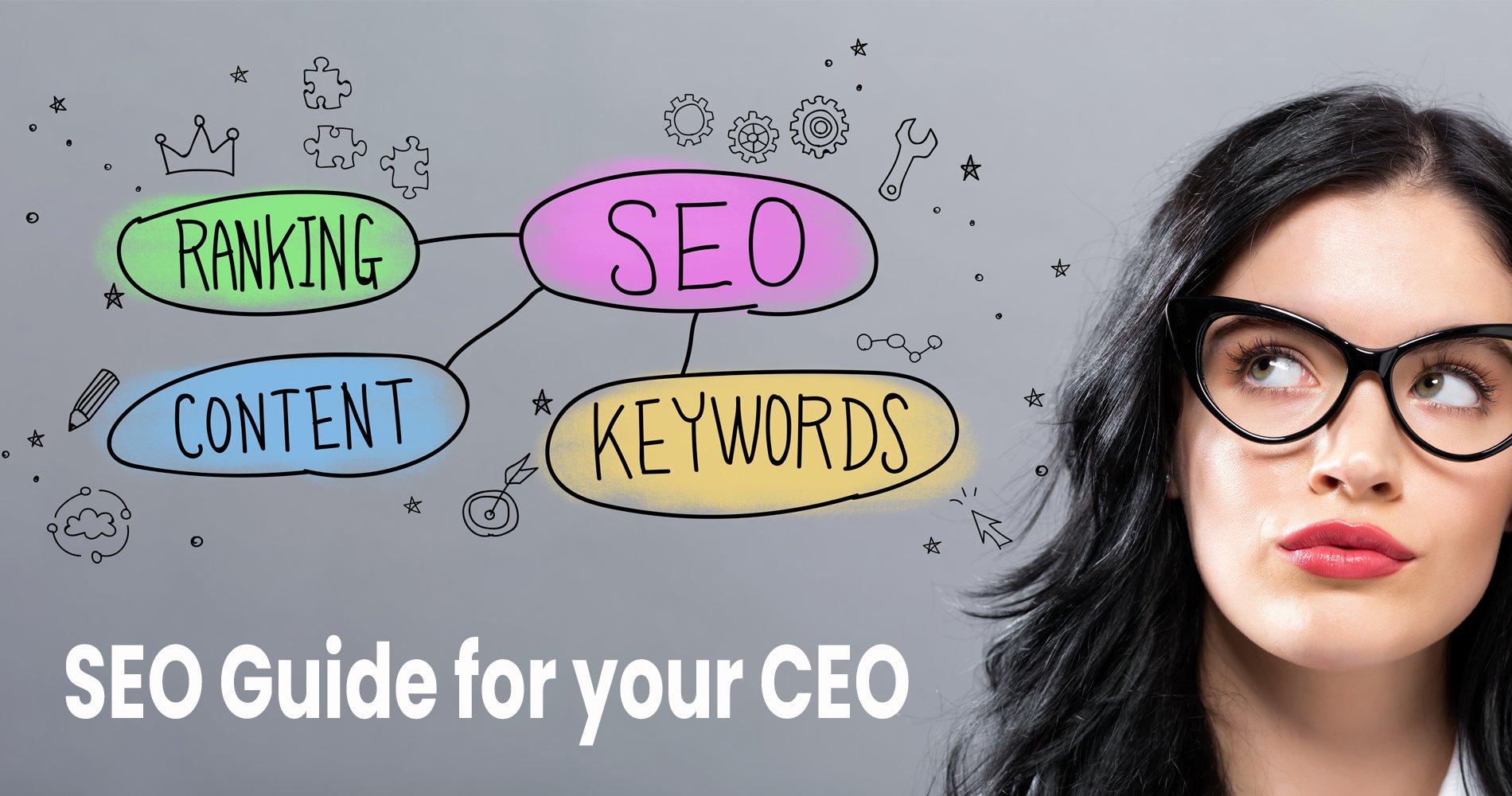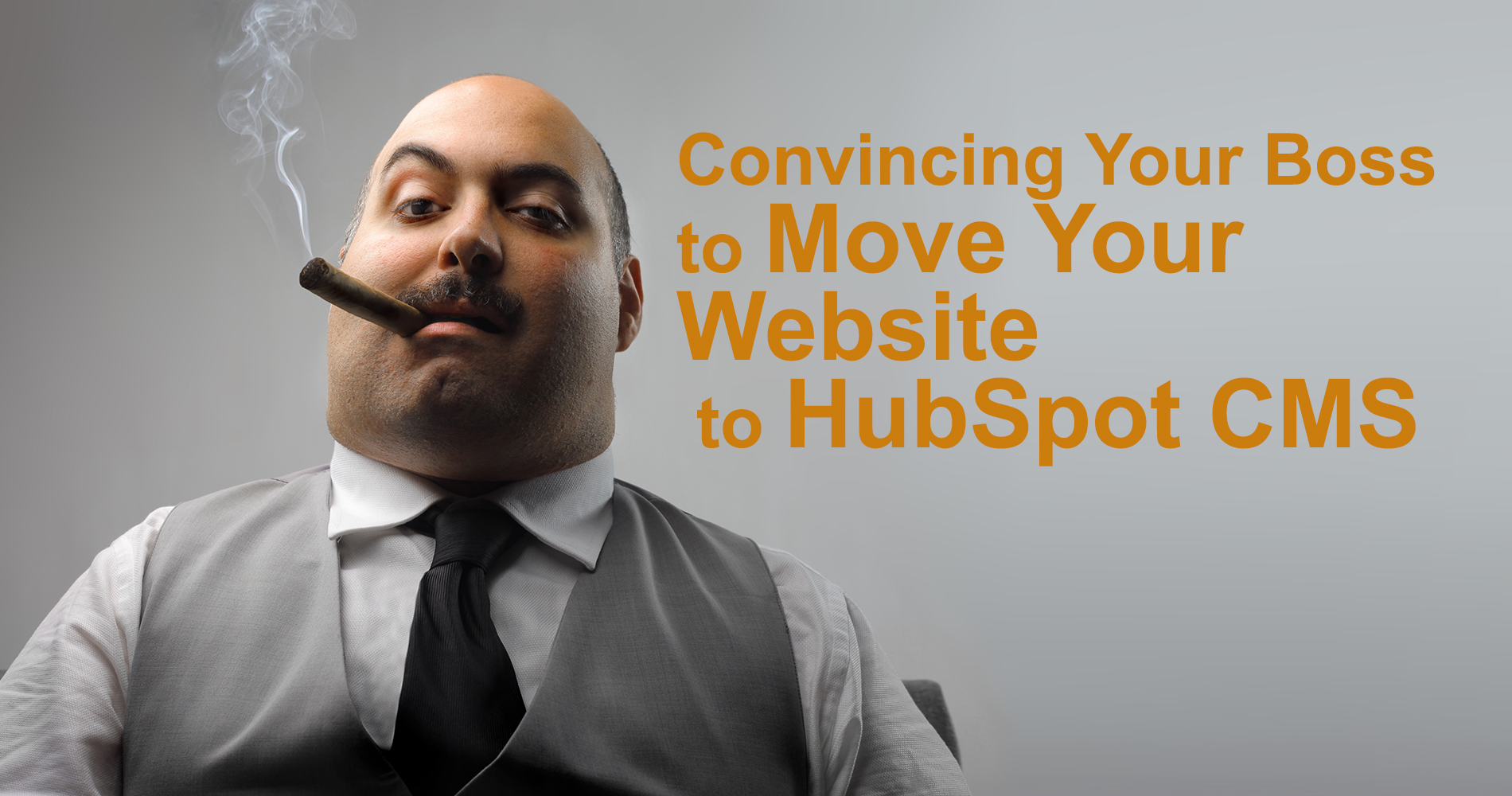It doesn't matter how much your marketing budget is, if you don't take SEO seriously, everything is going down the drain. Because let's face it, not many marketing channels are as trackable and measurable as search.
Everyone knows what Google is - the internet giant owns over 80% of the search engine market share so people running ads on search have a captive audience right there. While that's great, it can also make managing paid search more difficult because if you don't get it right the first time, your customers will be disappointed. Managing paid search ads effectively requires clear objectives and goals, a strategic approach focused on the quality score and the right tools to measure return on investment and define success in advance.
Looking for ways to increase your brand awareness? You have two options: Paying to be seen is often referred to as Pay Per Click (PPC) advertising. Pay-per-click ads will put you in front of people who are currently searching for what your business has to offer, making it easy for them to find you on Google. Alternatively, you can focus on getting more people to visit your website through SEO, which will get you natural traffic over time with a higher ROI and better long-term investment.
You need to ask yourself a few questions now, as CEO
Is it worth investing much money into a short-term improvement in your website's performance? Alternatively, should you rather adopt a long-term strategy that can bring in customers more cheaply? Are you still unsure? Let's work together to increase search engine visibility for your business!
PPC vs SEO
Let's dig a little deeper now.
With PPC, your ads show up on the top and right side of the search results page. If you are just starting with internet marketing, this is probably a good option to get your business off the ground since it allows you to create detailed campaigns targeting specific demographics using multiple criteria.; however,
- You may have to pay a lot
- You spend money on every visitor
- Users become accustomed to ignoring PPC ads
Page rankings in organic search are based on the amount of relevant information you provide to users. According to Google, the #1 result garners 33% of traffic, which happens to be the majority percentage! Recent studies show that organic search is where users are looking for more information, and people who rank at the top generally have a higher website traffic rate.
How SEO Will Impact Your Business
SEO takes time and the right skills, but the results can be well worth it. You also need to understand what SEO is and how it can help your business. Here are some advantages of SEO:
Long-Term ROI
SEO is a wonderful thing if you want to build trust with your consumers and ultimately find the best way to market your services or products. It provides results that traditional advertising doesn’t, for example, SEOs are generally long-term as opposed to PPCs which are intended for one-time endeavors. These strategies require much patience and determination, but it will all be worth it in the end when you start to see real results!
More Rankings
Google will rank you higher if your website is well-structured to meet the needs of search engine users and well optimised for mobile devices so it can be found by potential customers sooner!
Sales growth
Ranking well in search engines like Google helps give your business more exposure and traffic, which allows you to learn more about who your audience is, what they're looking for, and where they come from - as a bonus you could also be bumped up in SERPs (search engine results pages), giving your social media posts a much better chance of being seen by new leads.
Analysing performance
So, SEO wins out in the stakes of the outcome because it allows you to measure every element of your campaign and see what's working and what's not. The web gives you various kinds of indicators that let you know when your campaign is effective or ineffective. By carefully monitoring the success of your efforts on each platform, you can fine-tune them down to the last little detail. You'll be able to see exactly how well each outlet converts for the business and make adjustments accordingly, which will ultimately lead to higher conversion rates and more sales growth!
So, how do you achieve this level of success for your online business? SEO is made up of so many different factors.
SEO: The Nuts and Bolts
Making sure that your website is being properly represented on the natural search results of Google means an increase in traffic which benefits your company in one way or another. You should always be checking what terms are bringing people to your website and how often.
Aside from checking on-page elements which should technically be updated daily, it's important to keep track of off-page SEO by making sure you're linking to relevant sources regularly. It's also just as important to make sure you're publishing posts regularly on popular blogs with a lot of traffic so other people will be able to share your work and make it available for more people to find it easily!
On-Page SEO
An on-page SEO tactic focuses on improving a website's search engine rankings by doing things directly on it. An overview of on-page SEO elements is provided below:
- Content quality
- Keyword relevance on the page
- How engaged is your audience?
- What's the age of your content?
- HTML elements on the page
- loading time of your website
- Having a version of your website that is mobile-friendly
- The URL design of your pages
- No redundancy
- The overall architecture of your website
Off-Page SEO
An off-page SEO campaign can be more complex and time-consuming. The most important aspects of SEO, however, are off-page factors. These factors primarily revolve around trust. These factors include:
- Link count to your website
- Linking to high-quality websites
- Your website's link text
- Your site's history
- Your website's age
- A good social reputation
Google uses a combination of all these elements to rank websites. Although we might not know all that Google does, these are some of the key influencers recognised by the industry.
A CEO's internal SEO team
SEO can be very demanding for you internally and for your staff overall. You will need a strong collaboration among several teams in your business. For example, an internal team that spends most of its time attempting to decipher what is trending and popular while simultaneously stressing over keywords they believe they should use may not have the bandwidth to properly calculate what type of content is needed on your website or company blog.
This is why it would make sense to collaborate with an outside firm that specialises in all things SEO!
Sound Challenging?
As CEO, you should emphasise the importance of this new project. A good idea is to hire a consultant who can help you introduce this new strategy to heads of different departments. They will hopefully train your team and get them up to speed for the coming challenges ahead, like having daily stand-up meetings so they can share vital information with co-workers or establishing champions from each department that can help communicate important milestones or targets achieved to coworkers so as not to burn anyone out on keeping track at all times.





